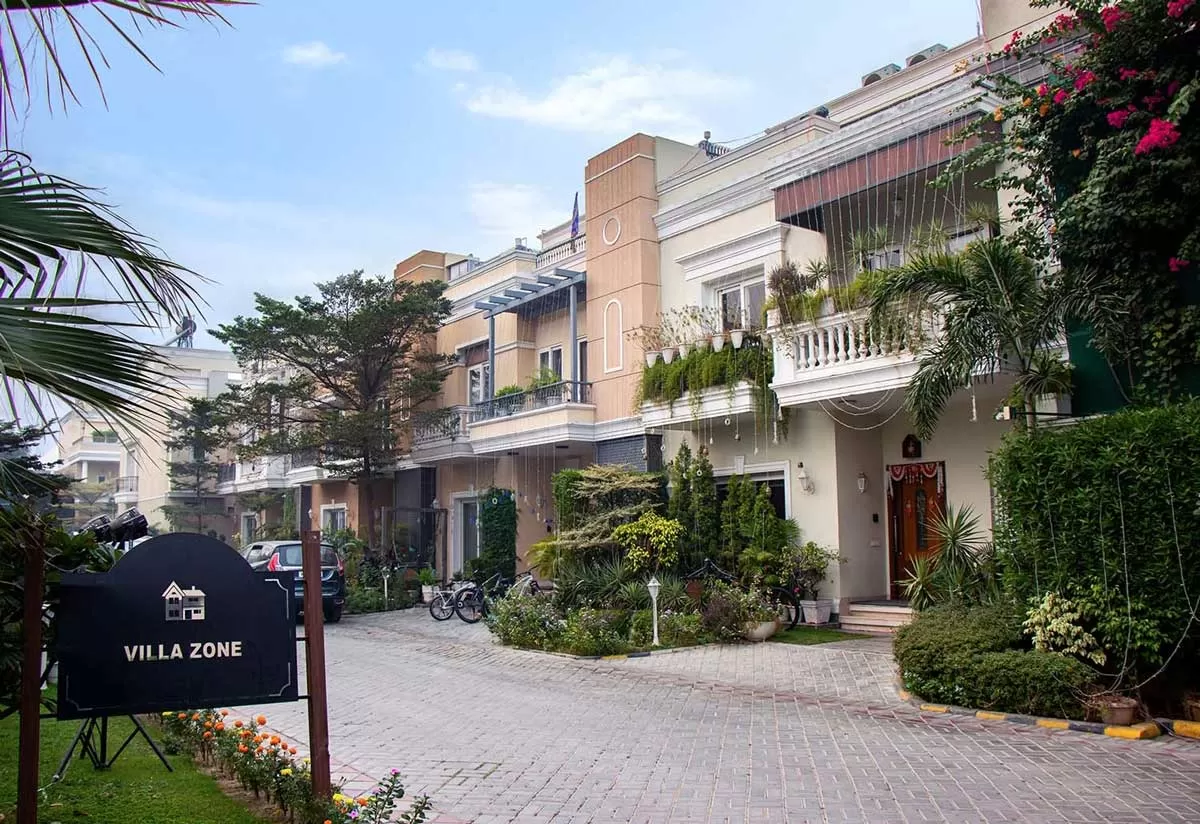Arbitration
Indian law permits the resolution of contractual disputes both domestic and international by arbitration, under the Arbitration and Conciliation Act 1996 (´Arbitration Act´). This is one of the most common modes of dispute resolution, except in matters where there is a statutory requirement to seek relief from a specific court. The seat of arbitration for both domestic and international may be in India or overseas.
Expert determination
Expert determination involves referring a dispute to an independent expert who receives submissions from the parties and then makes a determination of the dispute applying his expertise. If the expert has been appointed by following due procedure and is not biased and the findings of the expert are reasonable, then such findings are usually binding and conclusive. In other words, even if challenged in an arbitration proceedings or before a court of law, they will be very difficult to set aside.
Mediation
An independent mediator assists parties to reach a settlement agreement. When a settlement is reached, the parties would execute an agreement in writing and the agreement, if not acted upon by a party to the agreement, can be enforced as a contract or settlement agreement.
Conciliation
An independent conciliator assists parties to reach a settlement agreement. Once the settlement is reached, the parties execute a settlement agreement and the conciliator is required to attest the conciliation agreement. After the conciliator attests the agreement, it has the same force as an award passed by an arbitrator under the Arbitration Act and the process and manner of enforcement of such an award are the same as an arbitral award.
Litigation
This involves reference of the dispute to the courts of law for adjudication and is subject to a very formal process.
SUDIP MULLICK and ROHINI BHANDARI write about the various mechanisms of resolution available for disputes arising out of construction contracts.
Disputes between parties arising out of construction contracts can be resolved by various modes of dispute resolution, namely arbitration, mediation, conciliation, expert determination or by referring the dispute to a court of law (litigation).
In practice
Under construction contracts, in some cases, the clauses are drafted so as to give the impression that only certain matters are to be referred to arbitration as a mode of dispute resolution and the rest are to be left out of the ambit of arbitration. There is also a tendency to make decisions of the owner-appointed engineer binding in case of certain disputes. In such cases, there is an overwhelming chance of the decision of the owner-appointed engineer being set aside by an arbitral tribunal or court of law, on grounds of bias or unreasonableness. ((2014) 2 SCC 201 P Dasaratharama Reddy Complex v/s Government of Karnataka.)
For quick resolution
If parties want a quick and binding resolution of operational disputes like concurrent delay or extra work done, they should consider the option of appointing an independent expert as such matters are technical in nature. To make a decision of such an expert ultimately binding, parties should endeavour to refer such disputes to an expert who is independent, unbiased and appointed mutually. The expert should give a reasoned decision. If the expert is independent and his decision is unbiased and reasonable, usually the arbitral tribunal or court of law will not interfere with such a decision. Parties should endeavour to refer all contractual disputes to one forum of dispute resolution and, hence, should pay great attention to the dispute resolution clause, ie, all contractual disputes should be referred to arbitration or be decided by a court of law. If the dispute between parties is referred to arbitration, they should ensure the findings of the expert are taken into consideration.
Money matters It is generally believed that when compared to litigation in courts of law, arbitration is a more cost-effective and speedy procedure for dispute resolution. In certain courts, court fees are to be paid ad valorem, ie, on the basis of the value claimed, so there is a possibility of paying very high fees.
It has been seen that owners in a construction contracts try to push dispute resolution to commence after completion of the contract and, hence, the contractor should be careful in protecting the right of recovery of claims at every stage and not wait for the project to complete.
Challenges involved
Last, where arbitration is a mode of dispute resolution, the seat of arbitration is of utmost importance. If the seat is outside India, Part 1 of the Act becomes inapplicable to such arbitration, and only enforcement of such an award can be challenged and not the award itself, which reduces the chances of stretching the matter by a party by seeking intervention by the courts of law. In every step of challenge of the arbitration award, the scope of challenge becomes narrower. We have discussed that only the enforcement of a foreign-seated arbitration award can be challenged. While it can be challenged on various grounds, one of them most frequently resorted to is that the award is in conflict with the public policy of India this implies that such an award is contrary to fundamental policy, interests of India, justice and morality as well as being patently illegal. However, in light of a recent Supreme Court case law (Shri Lal Mahal vs Progetto Grano Spa reported in 2013 (8) SCALE 489), the ground of patently illegal cannot be applied in case of challenge of enforcement of a foreign-seated arbitration award.
In conclusion
To sum it up, it may be worthwhile to consider expert determination of technical matters where the expert is independent, unbiased and gives a reasoned decision. Further, the parties to a dispute should endeavour to refer all matters of disputes to arbitration. If disputes are to be referred to arbitration, it should be a foreign-seated arbitration. Needless to mention, for domestic arbitration, even if it is foreign-seated, the governing law should be Indian law.
About the Authors:
Sudip Mullick leads the real-estate team of Khaitan & Co, Mumbai. He also devotes considerable time to general commercial contracts arising out of real estate and construction contracts.
Rohini Bhandari is a member of the real-estate team of Khaitan & Co, Mumbai. She has been involved in various real-estate transactions and has experience in litigation, intellectual property and corporate laws.
To share your legal perspective on the construction industry, write in at feedback@ASAPPmedia.com

















